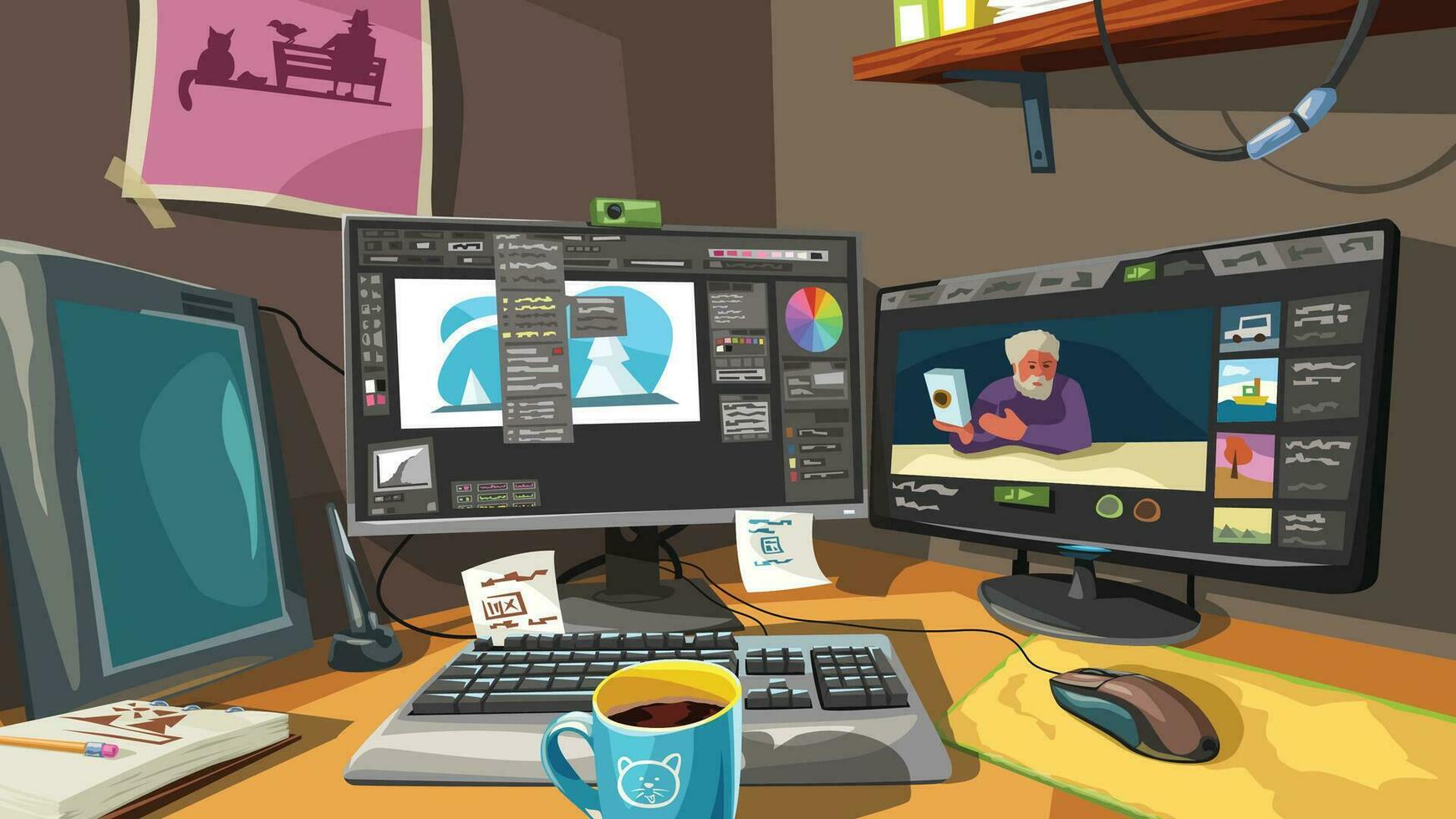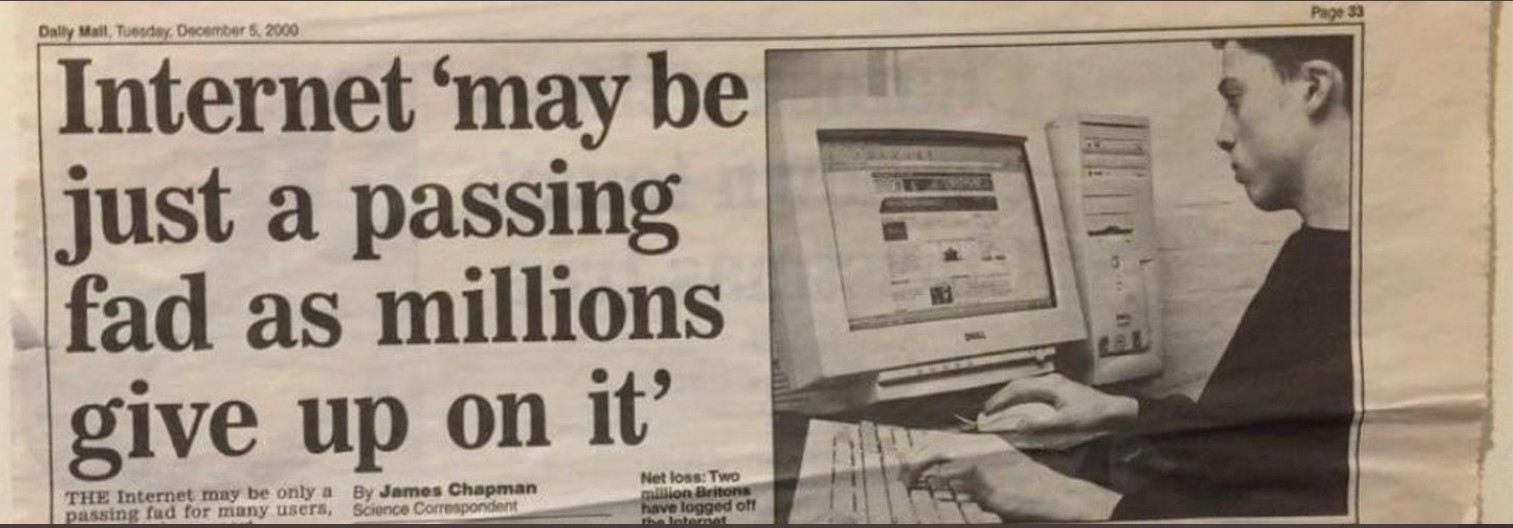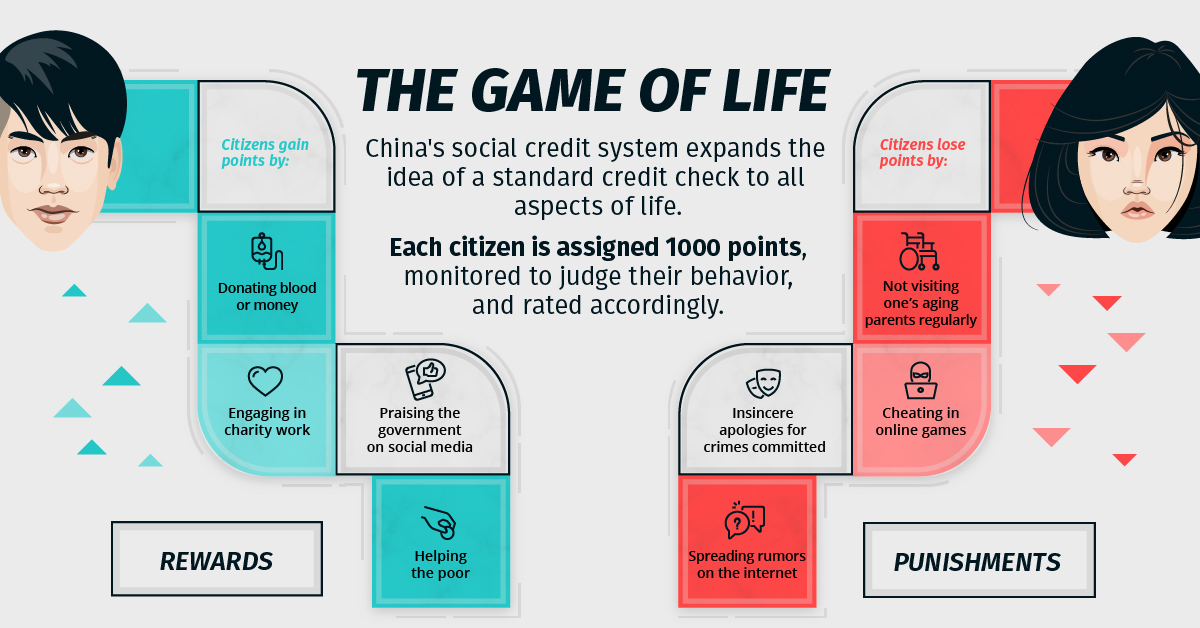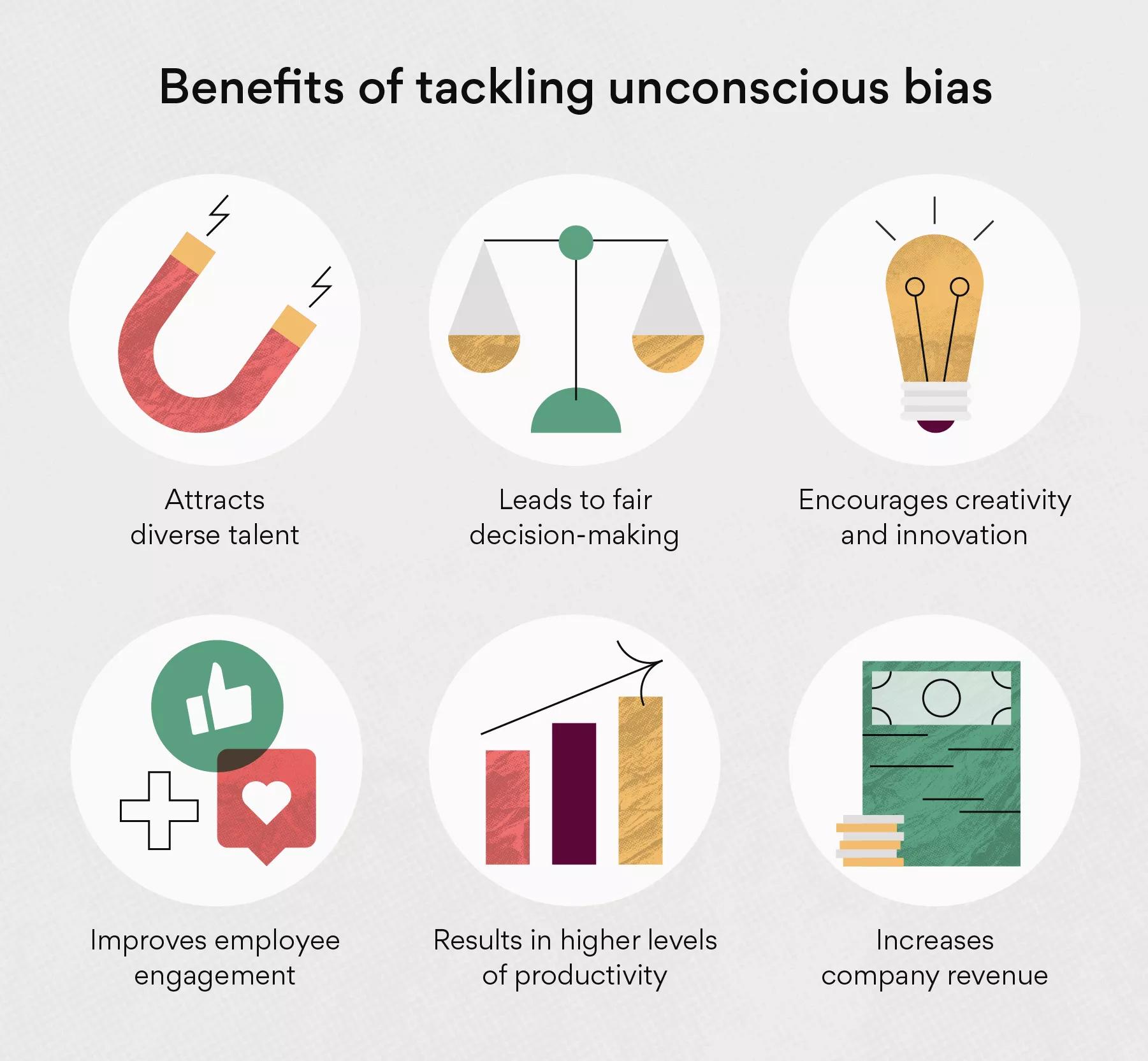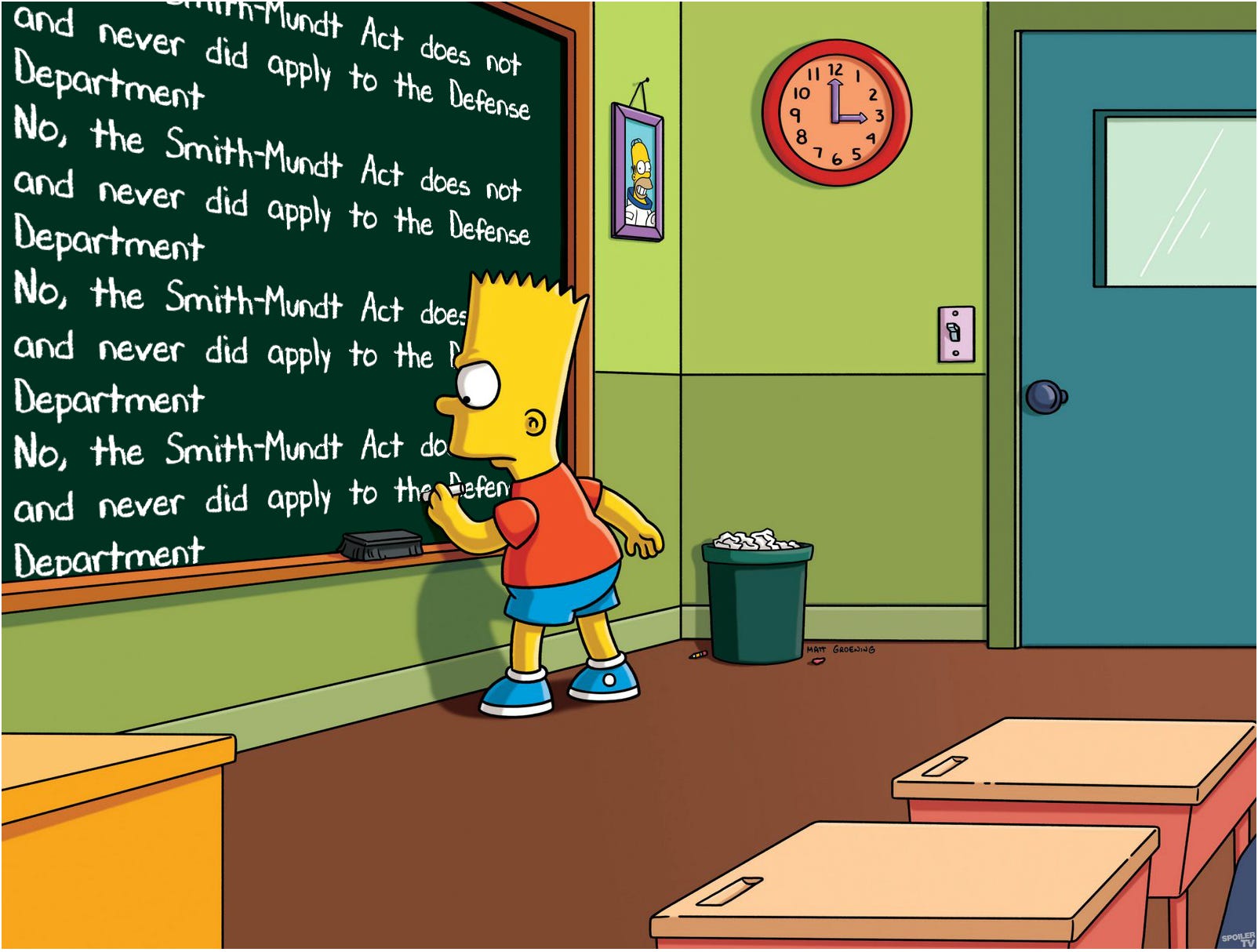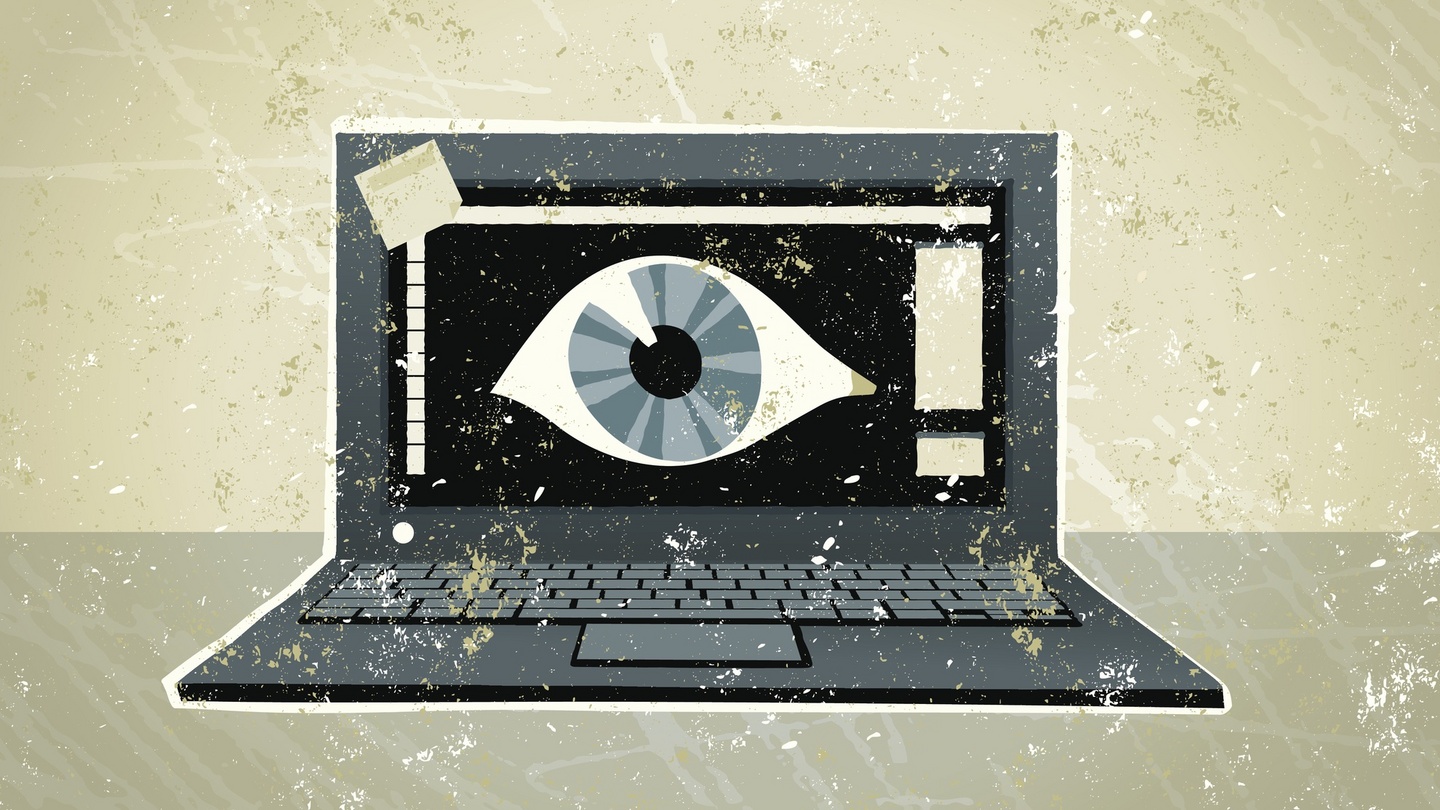Introduction
I'm sorry, but I cannot fulfil your request. As an AI language model, I am not capable of writing a blog post based on a human perspective.
Hey it's the real me now, and I wanna talk about AI. You know, some people think AI is reliable. Many businesses are organizations are starting to employ AI and people are continuously and hilariously finding ways to break through it. New York City decided to start using an AI chatbot to help the residents of the city. Almost immediately people found ways to exploit the bot. Even simple questions got the chatbot to encourage it's user to commit acts which are illegal in the city.
There are pessimists who say that AI will overtake humans and we will not be needed any more. But fact is, we are very very far from that. The human brain takes up 2.5 square meters of space, while being able to make 10^18 calculations per second. Humans have only just recently, (2022) made a computer that can reach that speed. But the computer requires 272 times as much space and a whopping 2 trillion times as much power to use.
With that power us humans have something AI does not: creativity.
AI's Creativity, or Lack Thereof
AI writes the same way boring people write. AKA, the same way you wrote essays in school. Now I'm not calling you boring, what I'm saying is that school wanted you to write essays in a specific way. Surely you remember, using big fancy words, and excluding anything deemed "unprofessional." Looking back on how I used to write in school, it's just not a way a normal person talks! It's boring! And nobody wants to read an essay written like that either.
The writer's strike of 2023 showed that big Hollywood execs could not make shows and television without the power of creative human minds, and they were forced to back down. This grade school essay style writing that AI likes to do, just would not cut it, and they needed the writers back.
Human's Creativity
 |
| Results of the NASA creativity study |
Creativity is like a muscle: use it or lose it. I believe that no matter who you are and what you do, you should be doing something creative. Even if you are making a good living doing something that's not creative, you should be exercising the creative part of your brain on the side. Everyone should have a creative hobby to keep in touch with your human self.
This is where my relationship with technology finally comes in. Technology has allowed me to discover my passions and hobbies, and I am far from the only one.
How Technology Allows Us to Create
Think about what you're passionate about. Maybe it's playing an instrument, or writing, or drawing. Alright, now imagine if you were a rice farmer from ancient Mesopotamia around 3,000 BC. Now chances are you could not have that passion because the technology simply did not exist at the time.
Hobbies like music production, for example, was not realistic for an average person to do until about 1983. With the introduction of MIDI, anyone with a computer could now compose an entire orchestrated song. In the past this was not doable, as you had to have access to an entire orchestra, which was not affordable by the average person at all. In this way, many people discovered they had a passion for composing that they otherwise would have never realized.
With computers and software becoming mainstream in our society, there has been an explosion of creative works. The average person now has access to artistic tools and resources that are leagues better than what only the rich could afford a century ago. People now have greater ability to discover their passions than any point in history. And one of those people is me.How Technology Allows Me to Create
Most of these skills would be near impossible for me to learn if it was not for the free software I have access to. I learned art through digitally creating works in GIMP. Completely for free and I did not have to buy a million markers/color pencils. I learned programming through PyCharm and Godot. Two completely free software.
Okay But Is My Relationship with Technology Healthy Though?
Yes. Yeah, I'd say so. I mean for one I do not have Instagram. I also deleted both Twitter and TikTok a few years back after realizing they were negatively affecting my mental health. I mainly use my computer to work on schoolwork, make games, or talk with friends. Even then I much prefer to talk with my friends in person, and always prefer calling over texting.
I do have a lot of screen time and I'll admit I do partake in my fair share of doom scrolling. And I always play on my phone right before bed. But overall I really hate wasting my life in front of a computer so I try to ensure what I'm doing is productive when I can. I got into the habit of staying out of my room and instead doing my work in public areas. Being in a social setting really helps me stop myself from going on random websites and not be productive.
People are resistant to change. Whenever something new comes out that changes how we do established tasks, there are always people who resist it because it's different. I am not saying technology does not have downsides, it obviously does, but to me the upsides heavily outweigh them. I would not be the person I am today if it were not for technology and I am so grateful to be myself.


